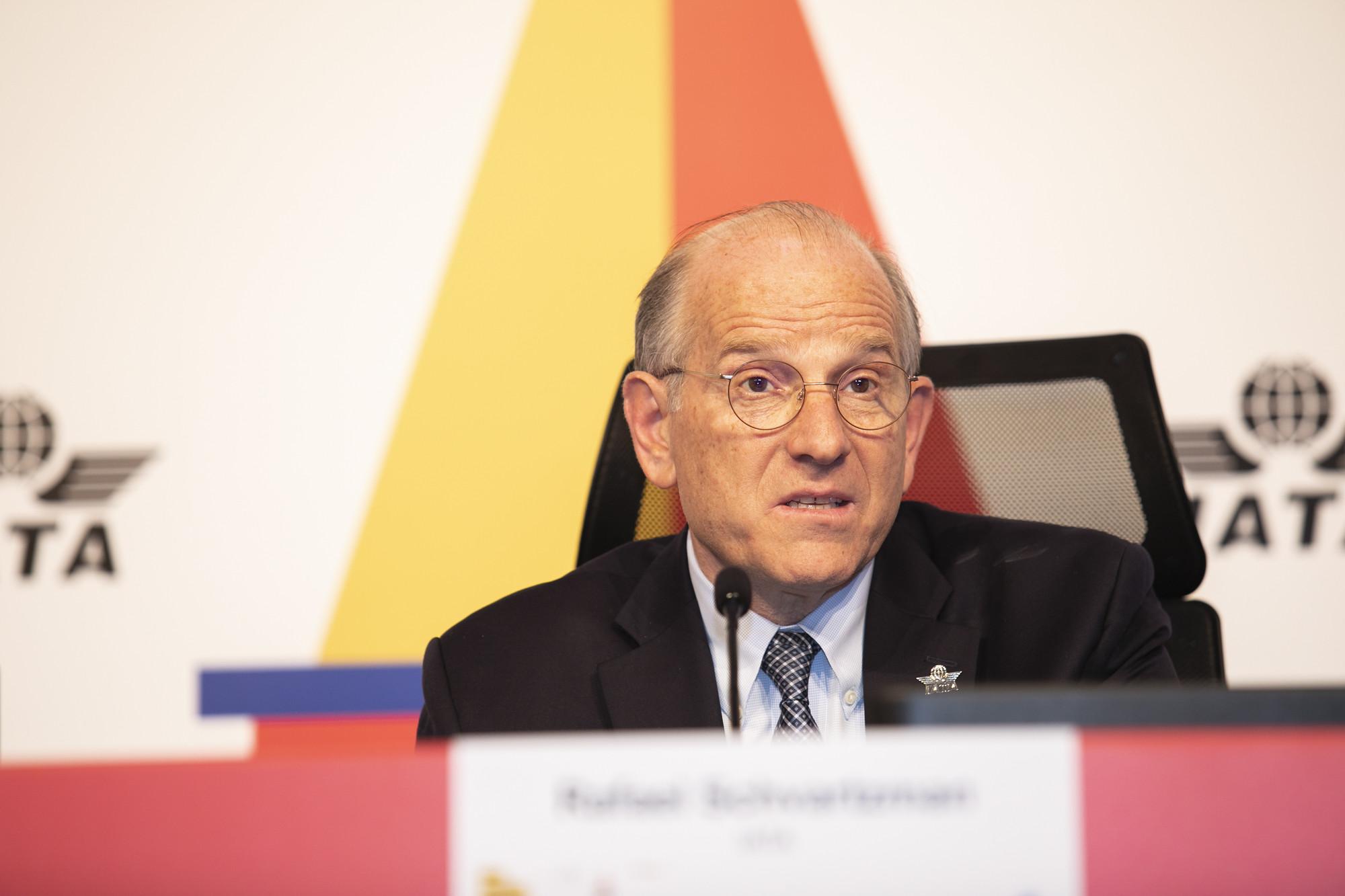
IATA regional VP, Europe, Rafael Schvartzman
Credit: IATA
ISTANBUL—European airlines want airports to extend their operating hours to lessen potential disruptions caused by an upcoming NATO air exercise. Carriers are also seeking clarity on whether they will be penalized for any delays resulting from the military exercise. The German-led, multinational Air...
Subscription Required
This content requires a subscription to one of the Aviation Week Intelligence Network (AWIN) bundles.
Schedule a demo today to find out how you can access this content and similar content related to your area of the global aviation industry.
Already an AWIN subscriber? Login
Did you know? Aviation Week has won top honors multiple times in the Jesse H. Neal National Business Journalism Awards, the business-to-business media equivalent of the Pulitzer Prizes.





